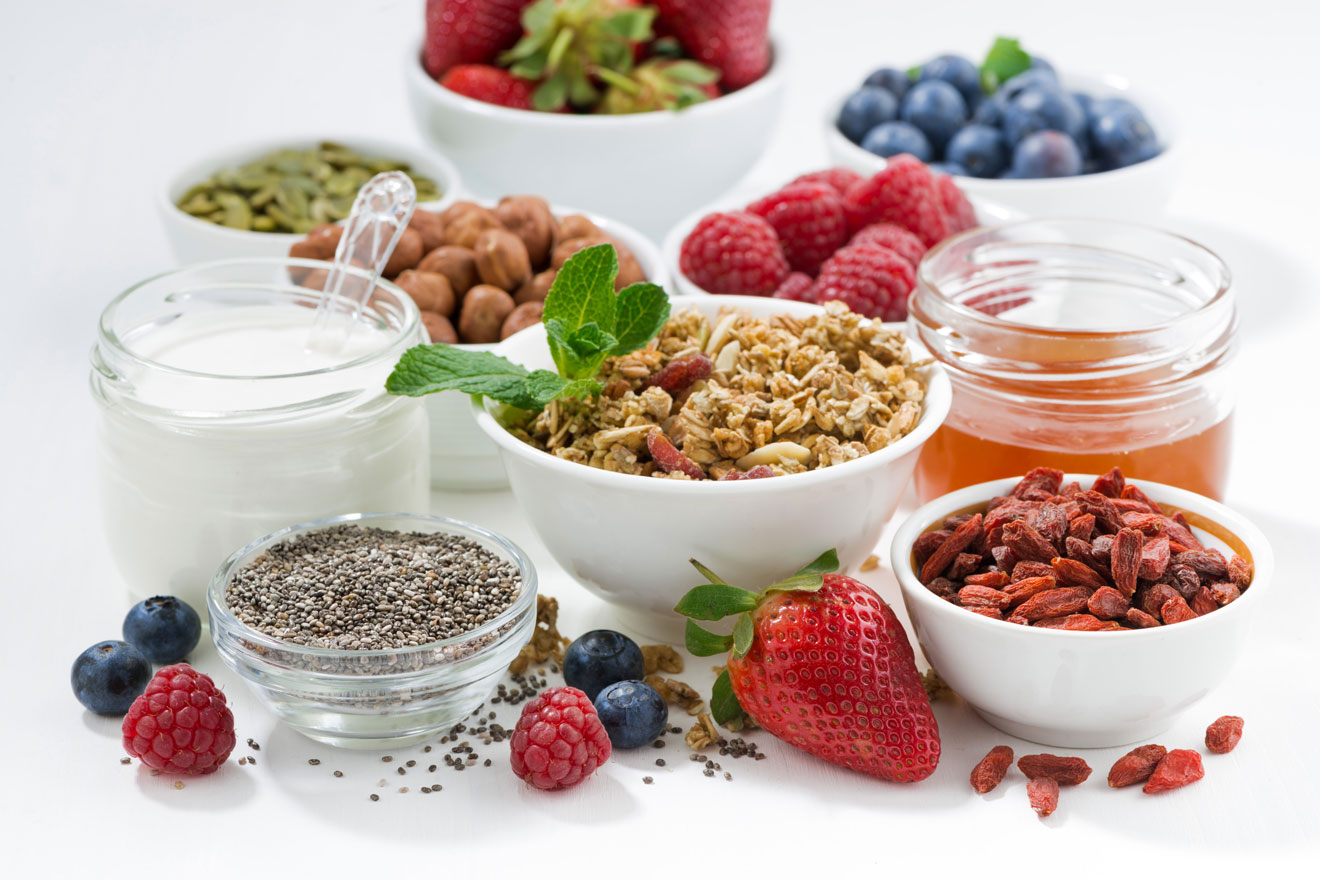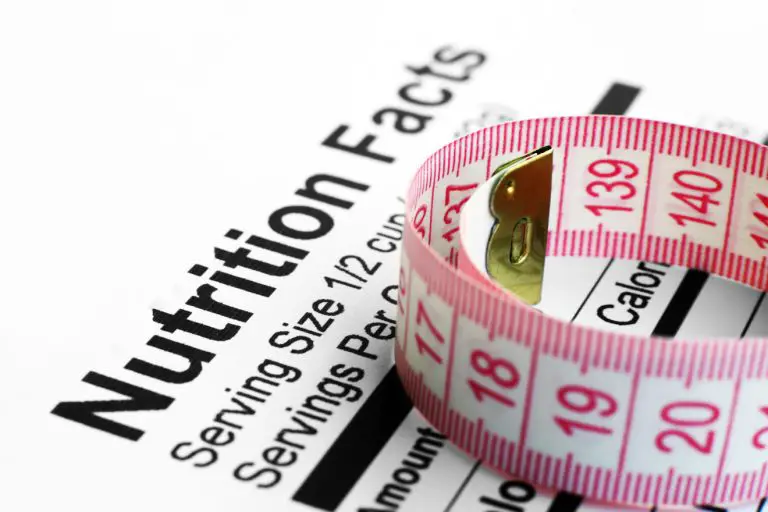Nutrient deficiencies that could be holding back your gains
Key Takeaways
- Hidden nutrient deficiencies can hinder strength, endurance, and recovery, even if macros are on point.
- Vitamin D supports muscle function, testosterone production, and bone health—especially important for gym-goers in low-sunlight regions.
- Magnesium is crucial for muscle relaxation, recovery, and stress management, with deficiencies leading to cramps, fatigue, and poor sleep.
- Iron is essential for oxygen transport and energy levels—low levels can cause sluggish workouts, breathlessness, and early fatigue.
- B Vitamins help convert food into energy and support nervous system function—vegans and vegetarians are particularly at risk of deficiencies.
- Omega-3 fatty acids reduce inflammation, aid recovery, and support joint health—key for both weightlifters and endurance athletes.
- Many active individuals unknowingly have deficiencies, making blood tests and strategic supplementation valuable for performance optimization.
- Addressing deficiencies can lead to better energy, faster recovery, and improved gym performance—small dietary tweaks can have a big impact.
Key nutrients that could be limiting your progress
Many gym-goers carefully track their macros (protein, dietary fat, and carbohydrate) and follow structured training programs, yet still find themselves struggling with fatigue, slow recovery, or frustrating plateaus. While external factors like sleep and stress play a role, a commonly overlooked culprit is micronutrient deficiencies—small but crucial imbalances that can significantly affect muscle function, energy production, and overall performance.
Certain deficiencies are more common among active individuals, especially those following restrictive diets or training at high intensities. Let’s explore five key nutrients that could be limiting your progress and how to optimize your intake.
1. Vitamin D: The Strength and Recovery Powerhouse
Often referred to as the “sunshine vitamin,” vitamin D plays a fundamental role in muscle function, testosterone production, immune support, and calcium absorption. Low levels have been linked to reduced muscle strength, slower recovery times, and even increased injury risk due to weakened bones. Despite its importance, vitamin D deficiency is widespread—especially in colder climates where sun exposure is limited.
For gym-goers, this deficiency can lead to noticeable symptoms like chronic fatigue, sluggish workouts, and prolonged muscle soreness. Research suggests that adequate vitamin D levels can improve muscle contraction efficiency, power output, and overall athletic performance.
To boost vitamin D levels, try to get 10–30 minutes of direct sunlight each day, preferably around midday when UVB rays are most effective. However, diet alone often isn’t enough to meet optimal levels, so many athletes benefit from taking a vitamin D3 supplement (2,000–5,000 IU daily)—especially during the winter months.
2. Magnesium: The Muscle Recovery and Relaxation Mineral
Magnesium is essential for muscle relaxation, energy production, and nervous system regulation. Without enough magnesium, muscles are more prone to cramping, tightness, and fatigue, and recovery times become significantly longer. Additionally, magnesium plays a crucial role in regulating cortisol levels, the body’s primary stress hormone, which can interfere with both muscle growth and fat loss.
Athletes and gym-goers lose magnesium through sweat, making it a common deficiency among those who train intensely. If you’ve ever struggled with restless sleep, frequent cramps, or unexplained fatigue, low magnesium could be to blame.
To increase magnesium intake, focus on eating foods like spinach, almonds, pumpkin seeds, and dark chocolate. Since absorption from food can be inconsistent, many lifters opt for a magnesium glycinate or citrate supplement before bed to promote deeper sleep and better recovery.
3. Iron: The Oxygen Transporter for Energy and Endurance
Iron is responsible for oxygen transport in the blood, making it a critical nutrient for both strength training and endurance workouts. Low iron levels can lead to poor stamina, persistent fatigue, and difficulty maintaining workout intensity. Iron-deficiency anemia is particularly common in women, vegetarians, and those who avoid red meat.
If you often feel lightheaded during workouts, short of breath even at moderate intensities, or constantly drained, it may be worth checking your iron levels. Without enough iron, your muscles and brain don’t receive adequate oxygen, resulting in sluggish performance.
To prevent or correct an iron deficiency, consume lean red meats, shellfish, spinach, and lentils, and pair them with vitamin C-rich foods like oranges or bell peppers to enhance absorption. If a blood test confirms a deficiency, an iron supplement may be necessary, but be cautious—too much iron can lead to digestive issues and toxicity.
4. B Vitamins: The Energy and Metabolism Regulators
The B-vitamin family, particularly B6, B12, and folate, plays a major role in energy metabolism, red blood cell production, and nervous system function. Without enough B vitamins, your body struggles to convert food into usable energy, leading to sluggish workouts, brain fog, and poor muscle recovery.
Those on plant-based diets are at a higher risk of B12 deficiency since it’s primarily found in animal products. Even for non-vegans, low levels can still occur due to gut health issues or poor absorption.
To ensure adequate B-vitamin intake, consume foods like eggs, poultry, fish, whole grains, and leafy greens. If you follow a vegetarian or vegan diet, consider a B12 supplement or fortified foods to avoid long-term deficiencies.
5. Omega-3 Fatty Acids: The Anti-Inflammatory Superhero
While most people focus on protein intake for muscle growth, healthy fats—especially omega-3s—are just as important for recovery and joint health. These essential fatty acids help reduce inflammation, improve cognitive function, and enhance muscle protein synthesis, making them a key nutrient for anyone serious about fitness.
A lack of omega-3s can lead to excessive muscle soreness, stiff joints, and even difficulty focusing. Since the body doesn’t produce omega-3s naturally, they must be obtained from food or supplements.
The best dietary sources include fatty fish like salmon, walnuts, flaxseeds, and chia seeds. If you don’t eat fish regularly, a high-quality fish oil or algae-based omega-3 supplement can help fill the gap and support recovery.
Are You Missing Key Nutrients?
Even those with advanced knowledge of sports nutrition, such as professionals with an applied nutrition masters degree, recognize how difficult it can be to maintain optimal nutrient levels for peak fitness. Understanding macros is just one piece of the puzzle—micronutrient imbalances can still undermine energy levels, muscle recovery, and overall performance.
By optimizing your micronutrient intake, you’ll not only feel better but also train harder, recover faster, and perform at your peak. Small adjustments to your diet—whether through food or supplementation—can make a big difference in how you look, feel, and perform in the gym.
Final Takeaway
While macros and training plans are important, don’t let micronutrient deficiencies hold you back from reaching your full potential. Whether it’s boosting vitamin D for muscle strength, replenishing magnesium for recovery, or ensuring enough iron for stamina, correcting these hidden imbalances can unlock faster gains, better endurance, and overall improved well-being.
If you’ve been feeling off in the gym, it might be time to stop guessing and start optimizing—because the right nutrients could be the missing link in your fitness journey.







